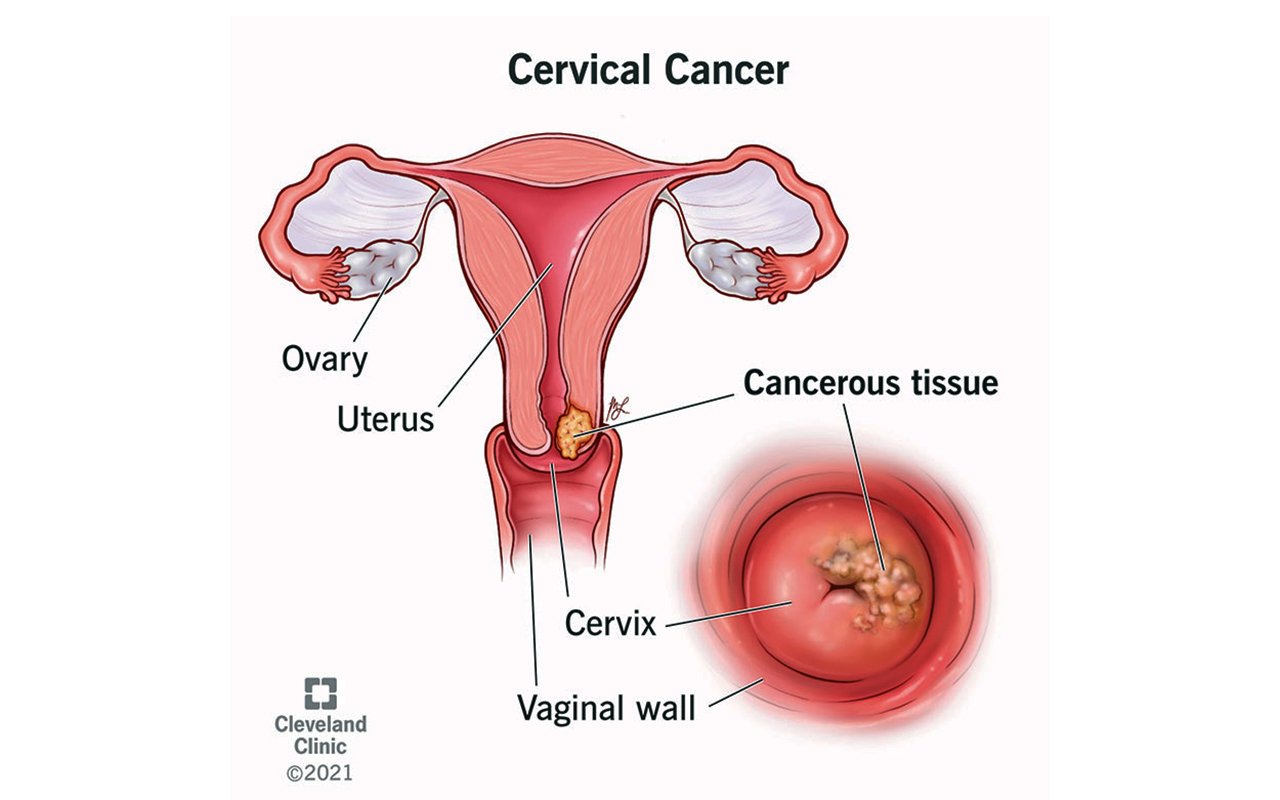Lockdown: Government should ensure respect for labour rights

On March 30, President Museveni ordered a two-week nationwide lockdown in a bid to curb the spread of coronavirus. The President on April 15, extended the lockdown for another 21 days to May 5, before extending it again by another two weeks. By Friday, the country’s Covid-19 cases had hit the 100 mark.
The Uganda Consortium on Corporate Accountability (UCCA) commends the government for acting swiftly and putting in place measures to respond to the coronavirus pandemic.
However, these measures—whereas well intended, have nonetheless affected majority of Uganda’s working population in both the formal and informal sector.
Last month, government revealed that 4,200 companies across the country were at the verge of closure as a result of the ongoing Covid-19 lockdown. This, in essence, means a huge number of employees would lose their jobs and the country would lose tax revenue sources.
Trade minister Amelia Kyambadde, said only 215 industries/factories, especially those producing essential commodities, were still operating.
Broadly, labour relations have become critical areas of concern that need government intervention. It is now more critical that the government comes up with clear economic response plans to support stressed businesses and ensure employee retentions.
Accordingly, UCCA would like to re-emphasise the government’s obligation to protect and ensure that companies respect human rights, including labour rights during the Covid-19 pandemic.
Specifically, UCCA recommends that, among others, government monitors and ensures respect for human rights—especially labour rights amid the ongoing Covid-19 pandemic containment measures. We also recommend that the internal measures undertaken by business enterprises during this pandemic must be legal as per Uganda’s labour rights policy and legislative frameworks.
The government should speed up economic response measures to support and stimulate businesses, especially small and medium enterprises (SMEs). This will ensure key businesses remain afloat and can in the interim maintain their employees as the economic situation improves and businesses normalise.
For instance, government can provide SMEs flexible lines of credit or give them tax breaks that enable them to at least continue running the business and paying salaries.
This will protect employees at the risk of losing their jobs.
We also recommend that business enterprises come up with internal measures that conform to the recently published Ministry of Gender, Labour and Social Development guidelines, advancing respect for labour rights and enhancing social and economic protection of their employees.
Frontline essential businesses still in operation despite the Covid-19 lockdown need a number of personal protection equipment for their workers.
The Occupational Safety and Health Act 2006 places an obligation on employers to take reasonable care to maintain a safe and healthy workplace for their employees. Section 3 of the Workers Compensation Act provides for compensation for injuries suffered and scheduled diseases incurred in the course of and out of employment.
Termination of employment should only be considered as a last resort in accordance with Section 81 of the Employment Act.
All in all, government should come up with an economic response strategy that protects employees and supports stressed businesses.
Mr Kwesiga is a coordinator, Uganda Consortium on Corporate Accountability
[email protected]




